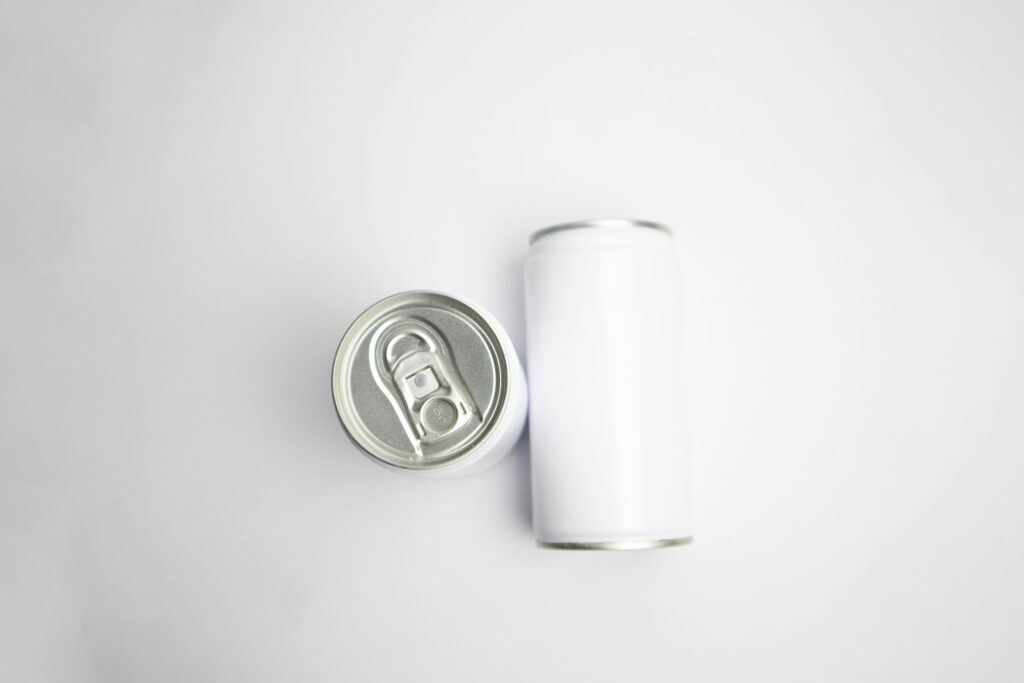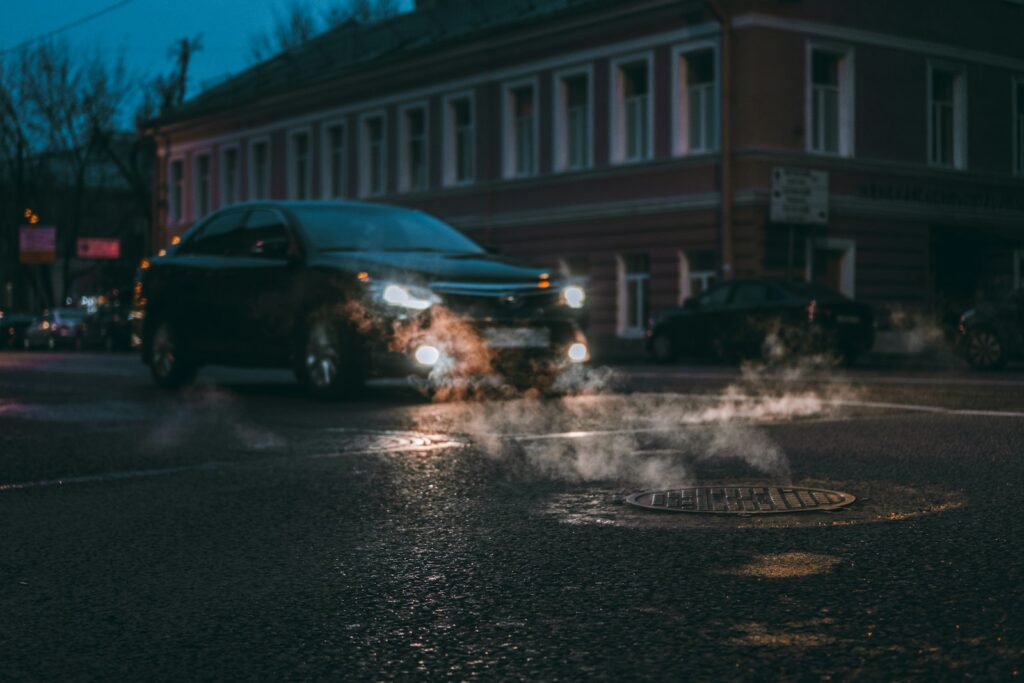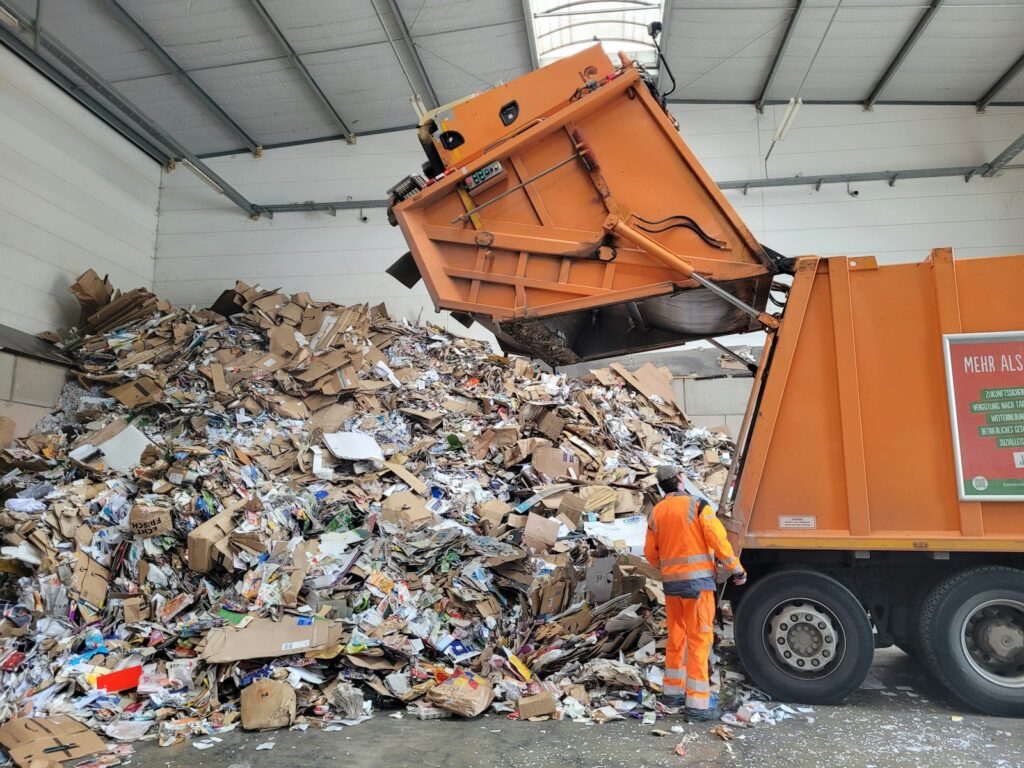The waste management firm Veolia is rolling out a new nationwide recycling solution for takeaway coffee cups.
The service will be available to both existing Veolia customers and new customers and aims to collect the cups as soon as customers have finished their drink in a bid to increase recycling rates.
The company says multiple options are available, including an in-house recycling bin, which has been purposely designed to enable the consumer to drain any remaining liquid from their cup and separate the lid, sleeve and cup to minimise contamination.
Veolia’s system has already been tested at several Costa and Starbucks outlets.
Once the cups have been placed in the special bins or collected, Veolia undertakes a further separation process to guarantee all rogue items have been removed.
After the cups have been debagged, separated, checked for quality and contamination, and baled up they go on to further treatment at paper pulping facilities, which recover the fibres and separate the polymer plastic lining.
Working with a number of outlets, the fibre could potentially be used to make a multitude of products such as egg boxes or cup holders.
YouGov Research
The solution comes as the latest YouGov consumer research shows 88% of the public would use a purpose-built recycling bin to ensure their disposable paper cup is recycled.
Almost half (47%) would even be willing to hold onto their cup for longer if they knew they would pass a purpose-built bin and nearly a quarter (24%) would go out of their way to use one.
Estelle Brachlianoff, the senior executive vice-president at Veolia UK & Ireland, said: ‘Over the last six months a lot of activities have been taking place with our customers, such as Costa and Starbucks to overcome our biggest challenge – contamination in the cups. As a result, we’ve worked on a solution that will separate the cup from the general waste stream as soon as the customer has enjoyed their drink.
‘The research highlights the integral role we all play in creating a sustainable future by ensuring our resources are kept in the loop for longer. When it comes to coffee cups, I’d like to take this opportunity to further encourage a mass collaboration between designers, manufacturers, vendors and consumers as we all have a part to play in the ultimate solution – as well as those less obviously involved in helping to recycle coffee cups, such as offices, campuses and train stations.’
In March, Environment Journal reported on a new study by researchers at Cardiff University, which claimed the UK could cut the use of disposable coffee cups by up to 300 million a year by using a combination of behaviour-changing measures.
They found that a charge on disposable cups increased the use of re-usable coffee cups by 3.4% while environmental messaging in cafés increased the use of re-usable coffee cups by 2.3%.
And the availability of re-usable cups led to an increase of 2.5% and the distribution of free re-usable cups led to a further increase of 4.3 %.
















